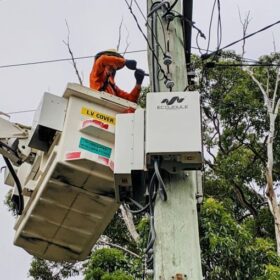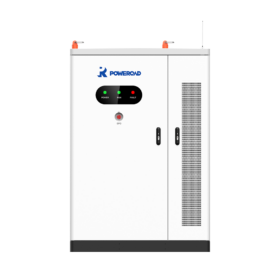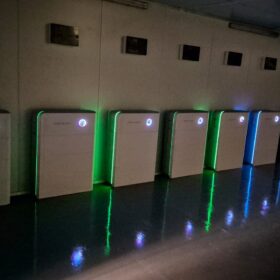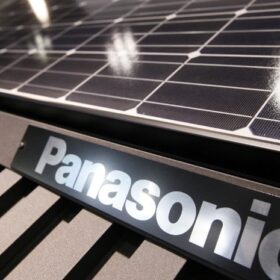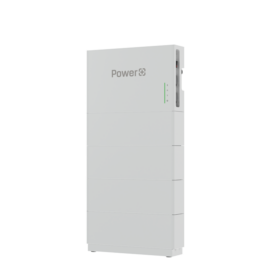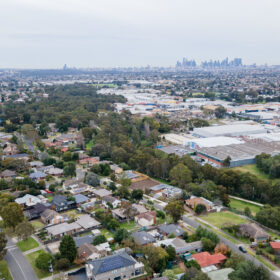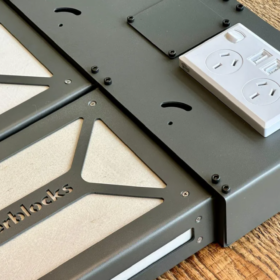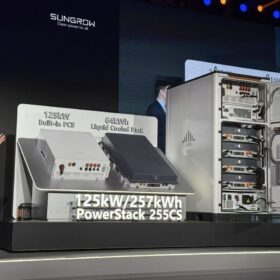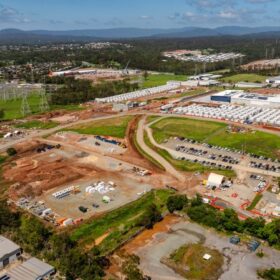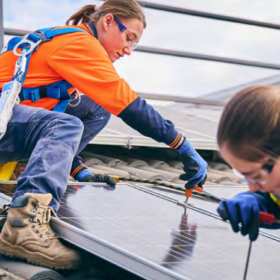EcoJoule reels in $3 million from Clean Energy Finance Corporation
Queensland voltage control specialist EcoJoule Energy has received a $3 million commitment from the Clean Energy Finance Corporation as part of its $15 million capital raise.
Sofar releases two new C&I energy storage solutions
Chinese storage manufacturer Sofar has released a flexible energy storage system for small and medium-sized commercial and industrial users, as well as a storage cabinet for AC-coupled scenarios.
Poweroad launches 233 kWh battery for C&I solar
The Chinese manufacturer said that up to 10 battery cabinets can be connected in series to reach a total storage capacity of 2.33 MWh.
National household batteries rebate scheme set to happen
The work schedules of Australia’s battery retailers and installers will likely get busy in the coming months with Labor’s win in the federal election paving the way for the introduction of a $2.3 billion national battery subsidy scheme.
Panasonic exits solar and battery storage
Panasonic has told its installation partners that it will no longer produce products for the residential solar and storage markets but will continue to offer warranty and installation support for existing and ongoing projects.
PowerPlus presents hybrid inverter and battery solution
Australian battery designer and manufacturer PowerPlus Energy has unveiled a new all-in-one energy storage solution featuring a single-phase 7 kW inverter and a 13.4 KWh stackable battery.
Jemena adds community batteries as part of prep for rooftop solar influx
Victorian distribution network service provider Jemena has flicked the switch on the first two community batteries to be installed within its electricity network as it prepares for rooftop solar capacity to more than double in the next decade.
CATL unveils 587 Ah battery energy storage cell
The competition in the development of large-capacity cells is heating up, with the industry’s top player stepping up to shape the new standard in the battery energy storage space.
Next-gen battery think tank set to supercharge Australian value chain
Ten early-stage next-gen battery manufacturers and innovators have formed an inaugural cohort aimed at boosting Australia’s lithium battery value chain as part of the Supercharge Australia project.
Sungrow launches fully integrated C&I battery
With a fully integrated power conversion system, battery management system, and energy management system, PowerStack 255CS aims to streamline energy storage operations while reducing installation complexity.
